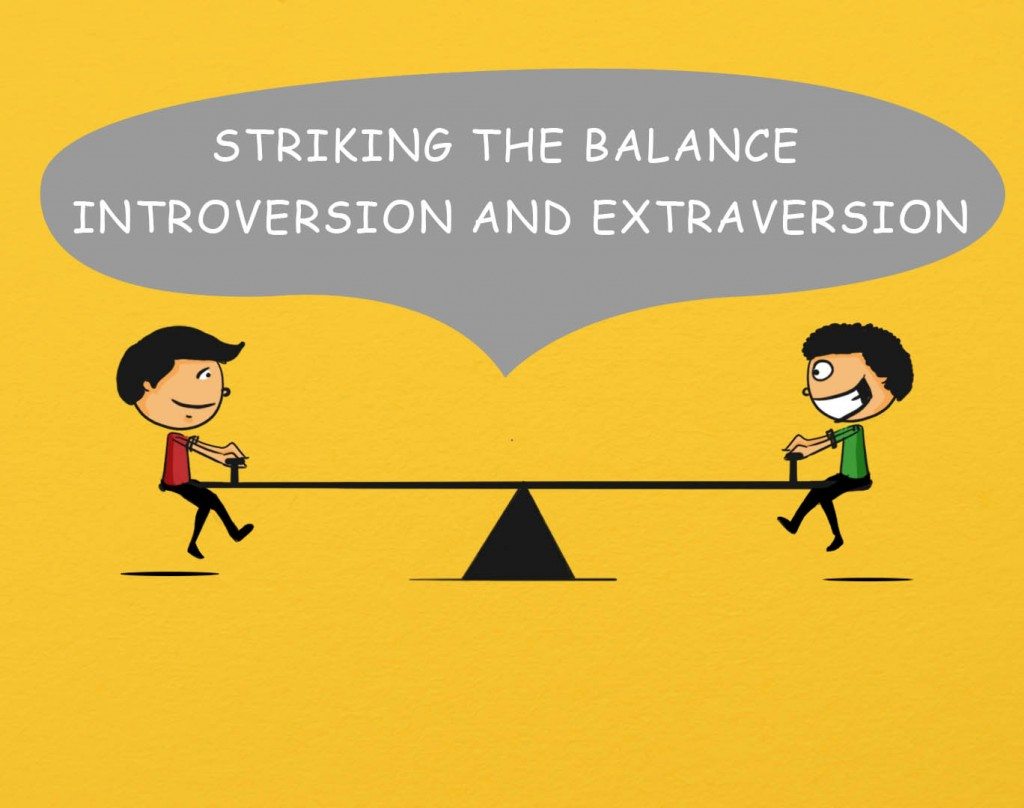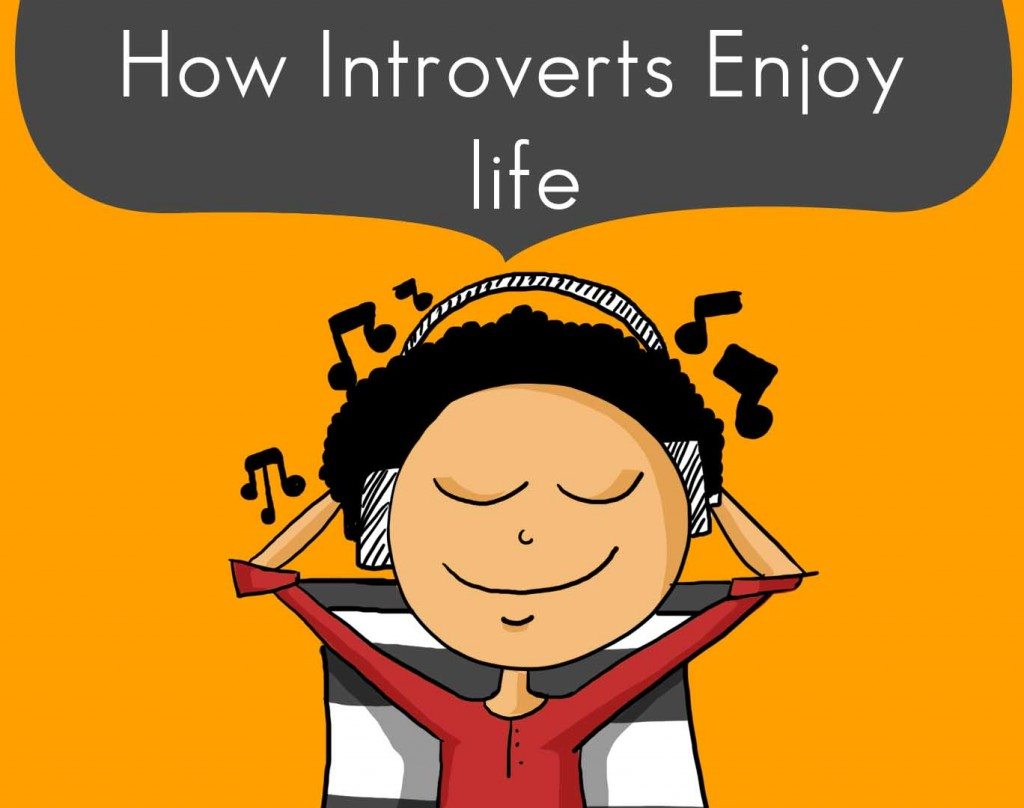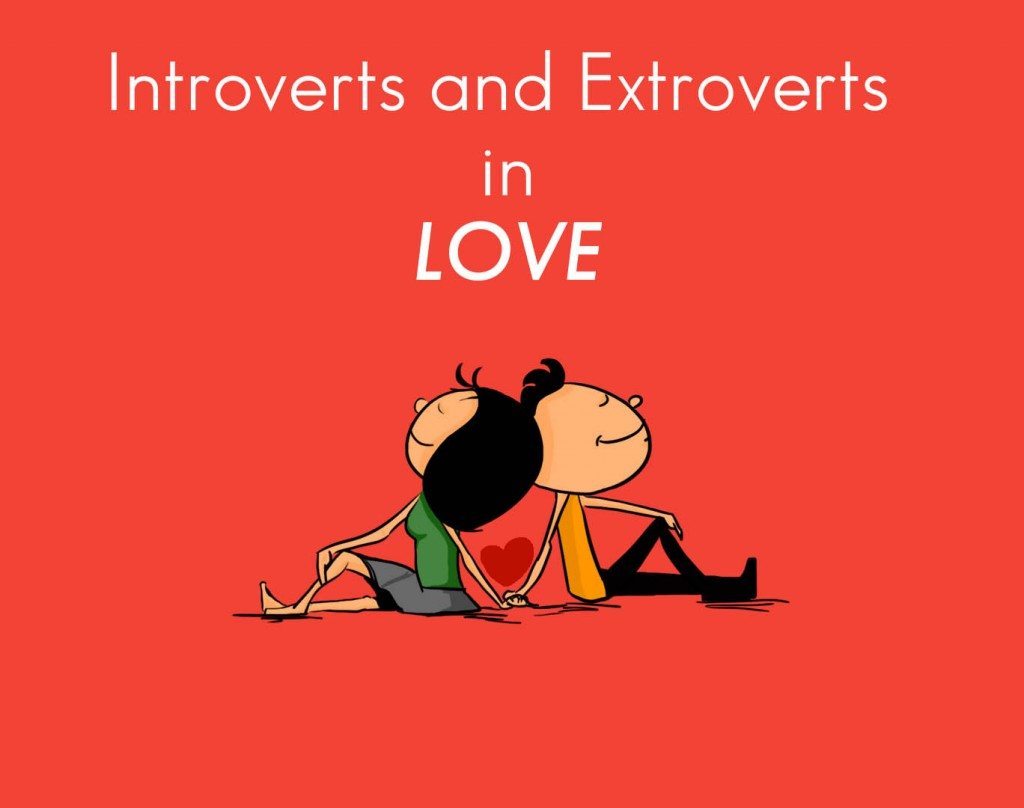What is our personality?
Each of us, mostly, live in similar societal dimensions, under similar family structures, we share similar attributes with friends, but, none of us are similar. You are no way close to the traits of your sibling. Each of us act and react in our own way.
Our upbringing, education, society as a whole influence and mould our personality. However, this is only half the story. Sure we get influenced by the environment, but it is also upon us to make an effort to gather perspectives by travelling, reading, interacting with people from various cultures. All these give us a broader sense of our world.
Have we tried to classify personality types?
Oh yes. We have. Early attempts at doing so was to classify personality types. However, in the later stages of human psychology, it was agreed upon that human personality traits is what defines our disposition towards life and not our personality types.
Our personalities were categorised into:
- O: Openness
- C: Conscientiousness
- E: Extraversion
- A: Agreeableness
- N: Neuroticism
The Big Five are the ingredients that make up each individual’s personality. A person might have a dash of openness, a lot of conscientiousness, an average amount of extraversion, plenty of agreeableness and almost no neuroticism at all. Or someone could be disagreeable, neurotic, introverted, conscientious and hardly open at all. Here’s what each trait entails:
Openness
There are many of us who are open to ideas, open to experiences. Such people are adventurous and appreciate similar traits in art, imagination, and new ideas.
There are many of us who are not-OPEN. Such people prefer to stick to themselves, their habits, and become ensconced and rigid. They avoid new ideas and experiences, and are not adventurous.
Now that there is a classification of OPEN and un-OPEN people, it is proven that a change in personality, though incredibly challenging and difficult, has been shown to be subject to change in adulthood.
In a 2011 study, people who took psilocybin, or hallucinogenic “magic mushrooms,” became more open after the experience. The effect lasted at least a year, suggesting that it might be permanent.
Conscientiousness
Those who are conscientious tend to be extremely organised and have a strong sense of duty. Such people are dependable, disciplined and achievement focused. People who set off on impromptu hikes and travels never fall under this category. Conscientious people are more of planners than random doers.
Less conscientious people are more spontaneous and freewheeling. Chances of becoming careless is more here. Conscientiousness is a remarkable trait to possess, this is linked with achievements in school and at work places.
Extraversion
The comparative tussle between Extraversion and Introversion is a long one and is the most recognisable trait of the FIVE (O.C.E.A.N). Extraverts are people who do not hesitate to mingle with a new/strange crowd. They are chatty, extremely sociable and are immediately open to draw energy from large crowds, even from strange group of people. It is said that extraverts tend to be highly assertive and cheerful social interactions.
Introverts need plenty of alone time. This is because they assess and see social interactions differently from Extraverts. It is a MYTH that introversion is akin to shyness. However, introversion and shyness are not the same. Shyness implies that a person is fearful of social interactions and is unable to function socially. However, introverts can be charming at gatherings, it is just that they prefer solo or a closely-knit cohorts.
Agreeableness
Agreeableness doesn’t mean saying YES to everything without a proper discussion. Agreeableness measures the extent of a person’s kindness and warmth. It is natural that more agreeable a person is, more trustworthy they are. But, exceptions prevail. People who disagree a lot and become incredibly difficult to deal with, and they become suspicious of others, and are less likely to cooperate.
It is found in a study conducted in 2011 that, men fall under the Agreeableness category are judged to be better dancers by women. But a contrasting fact is that disagreeable men actually earn more than agreeable guys.
Neuroticism
Being neurotic is to worry about everything in day to day life. Worried about waking up, worried about breakfast, worried about commuting to work, worried about work itself, and worried about family members and worried about everything else.
Just to dig a little deeper, there are certain people who worry and obsess over germs and disease, about not getting coffee in a particular cup or things like that. People high in neuroticism worry frequently and easily slip into anxiety and depression. There was a study conducted in America in 2012. The study found that when neurotic people with good pay earned raises, the extra income actually made them less happy.
In contrast, people who are low in neuroticism tend to be emotionally stable and even-keeled.
Unsurprisingly, neuroticism is linked with plenty of bad health outcomes. Neurotic people die younger than the emotionally stable, possibly because they turn to tobacco and alcohol to ease their nerves.
Possibly the creepiest fact about neuroticism, though, is that parasites can make you feel that way. And we’re not talking about the natural anxiety that might come with knowing that a tapeworm has made a home in your gut. Undetected infection by the parasite Toxoplasma gondii may make people more prone to neuroticism, a 2006 study found.
What Does All This Mean?
Personality types are not in favour anymore in modern psychological research, this concept is used today by career coaches and counsellors. This is to help people understand themselves, meaning to help them get to know what really makes them exciting about work. The most famous of these is the Myers-Briggs Type Indicator. This is a series of questions based on the work of psychologist Carl Jung. This test sorts people into categories based on four key areas: Sensation, Intuition, Feeling and Thinking, and Extraversion/Introversion.
The Myers-Briggs system is rounded out with the perception dichotomy, which describes how people choose to interact with the world. All in all, from a positive point of view, it is necessary to understand what we, as individuals like, be it in personal and/or professional circles. Once we have a better understanding of what ticks us and what doesn’t, we can steer our life to do what matters to us more. I know this sentence is easy to claim than to live it. But, understanding ourselves is the first step towards at least attempting to live a meaningful life. Because, friends, remember one thing, right from school and even at home, we are told to CONFORM TO STANDARDS SET BY SOCIETY AND TO BLINDLY FOLLOW THEM. BECAUSE THE METHODOLOGIES ARE PROVEN AND HENCE ASSUMED SAFE AND LESS RISKY. To create a path of your own, know your self first.



